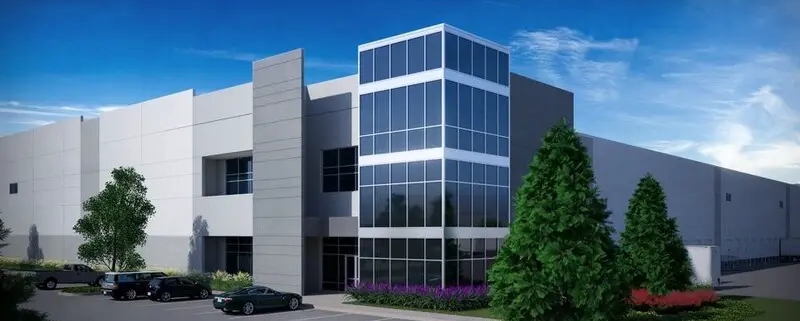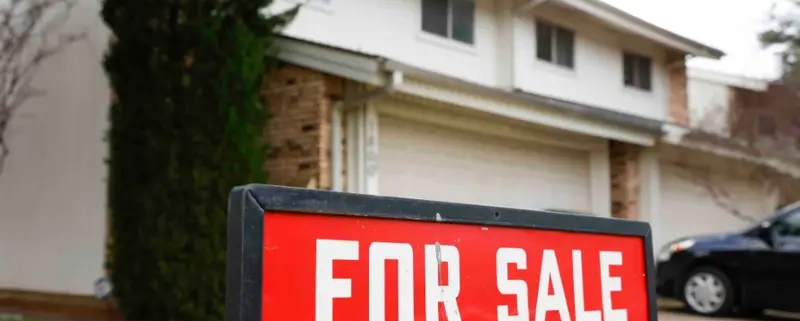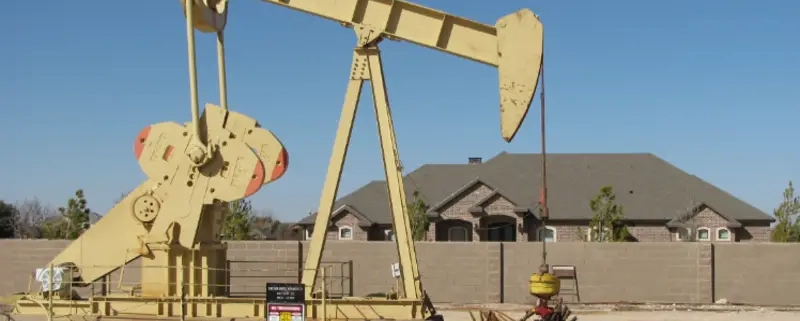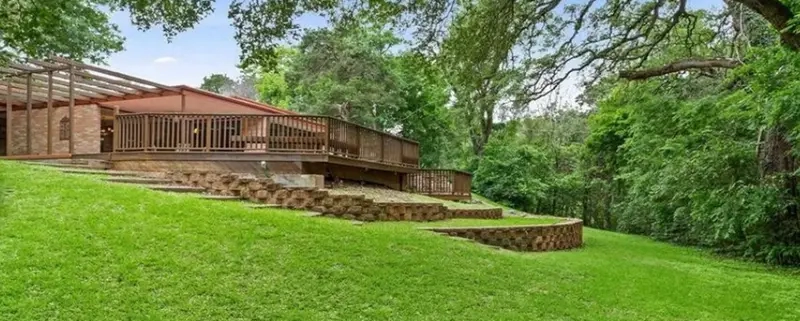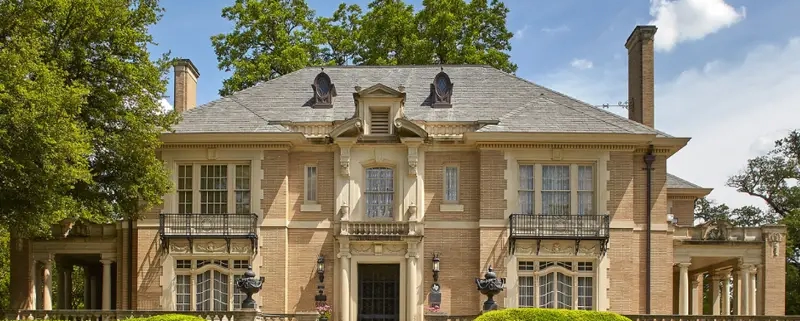DISCLAIMER: We are not financial advisors. The content on this website is for educational purposes only and merely cites our own personal opinions. In order to make the best financial decision that suits your own needs, you must conduct your own research and seek the advice of a licensed financial advisor if necessary. Know that all investments involve some form of risk and there is no guarantee that you will be successful in making, saving, or investing money; nor is there any guarantee that you won’t experience any loss when investing. Always remember to make smart decisions and do your own research!
In the dynamic real estate landscape of the Dallas-Fort Worth (DFW) metropolitan area, the decision to rent or buy a home is a pivotal choice that requires careful consideration. As prospective residents weigh the pros and cons of each option, factors such as financial considerations, lifestyle preferences, and long-term goals come into play. In this exploration, we unravel the nuances of the DFW housing market, offering insights to aid in the decision-making process between renting and buying a home.
Market Dynamics: Understanding the DFW Housing Landscape
The DFW housing market is characterized by its diversity, with a range of housing options spanning urban apartments, suburban homes, and luxury estates. Recognized for its steady population growth, robust job market, and economic vibrancy, the metroplex has become a magnet for individuals and families alike.
Renting: Flexibility and Financial Considerations
Renting a home in the DFW area provides a level of flexibility that appeals to those in transitional phases of life or individuals who prioritize mobility. Renters have the freedom to explore different neighborhoods, adapt to changing job locations, and avoid the responsibilities associated with homeownership, such as maintenance and property taxes.
From a financial standpoint, renting can offer a more immediate and cost-effective housing solution. Upfront costs are typically lower, and renters are not burdened with long-term mortgage commitments. This option can be particularly attractive for young professionals, newcomers to the area, or those who prefer a more fluid living arrangement.
Prospective renters should consider their budget, lease terms, and the rental market’s fluctuations when evaluating this option. DFW’s diverse neighborhoods provide a spectrum of rental opportunities, from downtown apartments with urban amenities to suburban homes with spacious yards.
Buying: Building Equity and Long-Term Investment
Homeownership is often viewed as a cornerstone of the American dream, and buying a home in the DFW area offers a myriad of advantages. One of the primary benefits is the opportunity to build equity over time. As property values appreciate, homeowners accrue wealth through the appreciation of their real estate investment.
Buying a home can also provide stability and a sense of belonging to a community. Homeowners have the freedom to personalize their living spaces, establish roots in a neighborhood, and enjoy the long-term benefits of property ownership, such as potential tax advantages and the ability to pass down the home as an inheritance.
While the initial costs of homeownership, including a down payment and closing costs, may be higher than renting, these expenses are often offset by the potential for long-term financial gains. For those committed to the DFW area, buying a home becomes an investment in both lifestyle and financial security.
Market Conditions and Timing: Navigating Fluctuations
The DFW housing market is subject to fluctuations influenced by various factors, including economic conditions, job market dynamics, and interest rates. Renters and buyers alike should be attuned to market conditions and timing when making housing decisions.
Renting in a market with low vacancy rates may result in higher rental costs, while buying in a seller’s market could lead to increased home prices. On the flip side, renting during a buyer’s market may offer favorable lease terms, while purchasing in a market downturn may present opportunities for more favorable home prices.
Understanding the current market conditions and consulting with real estate professionals can help individuals make informed decisions aligned with their financial goals and housing needs.
Flexibility vs. Commitment: Weighing Lifestyle Priorities
The choice between renting and buying often hinges on lifestyle priorities and individual circumstances. Renting provides a level of flexibility that accommodates those in transitional phases, such as young professionals exploring career opportunities or individuals uncertain about their long-term plans.
On the other hand, homeownership is a commitment that reflects a desire for stability and a long-term investment in one’s living space. Families looking to establish roots, individuals seeking a sense of permanence, or those planning for future generations may find homeownership to be a fulfilling choice.
The DFW metroplex caters to a diverse range of lifestyles, from the urban energy of downtown Dallas to the suburban tranquility of neighborhoods in Fort Worth. Renters and buyers alike can find neighborhoods that align with their preferences, whether it’s the bustling arts scene in Deep Ellum, the family-friendly ambiance of Plano, or the historic charm of Grapevine.
Financial Considerations: Renting Costs vs. Homeownership Expenses
Financial considerations play a pivotal role in the decision-making process between renting and buying. Renters typically face lower upfront costs, with security deposits and monthly rent payments being the primary financial commitments. However, renters should also consider the potential for rent increases over time, impacting their long-term housing expenses.
Homeownership involves higher initial costs, including a down payment, closing costs, and ongoing mortgage payments. However, these expenses are accompanied by the potential for equity building, tax advantages, and the stability of fixed mortgage payments over time.
To make an informed decision, individuals should assess their financial situation, budgetary constraints, and long-term goals. Online mortgage calculators can provide insights into potential mortgage payments, while renters should consider the rental market trends and the likelihood of lease renewals.
Maintenance and Responsibilities: Renting’s Ease vs. Homeownership’s Obligations
Another critical factor in the renting vs. buying decision is the level of responsibility and maintenance associated with each option. Renters typically enjoy a more hands-off approach to property maintenance, with landlords or property managers assuming the responsibility for repairs and upkeep.
Homeownership, on the other hand, involves a greater degree of personal responsibility for property maintenance. While homeowners have the freedom to customize and enhance their living spaces, they also need to budget for ongoing maintenance, repairs, and potential upgrades.
Prospective homeowners should be prepared for the responsibilities associated with property ownership, including lawn care, appliance maintenance, and potential unforeseen repairs. Renters, on the other hand, benefit from the convenience of relying on landlords for property-related concerns.
Life Stage Considerations: Adapting Housing Choices Over Time
As individuals progress through different life stages, their housing preferences and needs may evolve. Young professionals starting their careers may find renting to be a flexible and practical choice, allowing for mobility and exploration.
As families expand and long-term plans crystallize, the desire for stability and permanence often leads individuals toward homeownership. DFW’s diverse housing options accommodate various life stages, from trendy apartments in urban areas for singles to spacious suburban homes for growing families.
Renting and buying should be viewed as dynamic choices that can adapt to changing circumstances. Individuals should consider their current life stage, anticipated changes, and long-term goals when making housing decisions in the DFW area.
The decision between renting and buying in the DFW housing market is a multifaceted choice influenced by financial considerations, lifestyle preferences, and long-term goals. Prospective residents should weigh the advantages and drawbacks of each option, taking into account market dynamics, personal priorities, and life stage considerations.
DFW’s diverse neighborhoods, job opportunities, and vibrant cultural scene offer a rich tapestry of choices for both renters and buyers. Whether it’s the urban energy of Dallas or the Western charm of Fort Worth, individuals can find a home that aligns with their aspirations and enhances their overall quality of life.
Ultimately, the decision to rent or buy in the DFW metroplex is a personal one that requires thoughtful reflection, market awareness, and a clear understanding of individual priorities. By navigating the nuances of the housing market and aligning choices with personal goals, individuals can embark on a housing journey that meets their immediate needs and sets the stage for long-term satisfaction and success.


